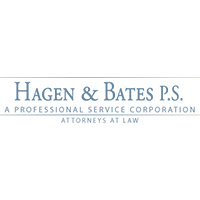Satsop DUI-DWI Lawyer, Washington
Sponsored Law Firm
-
 x
x

Click For More Info:
-
Russell & Hill, PLLC
1212 North Washington St. Suite 132 Spokane, WA 99201» view mapCriminal Defense Law Professional, Personal, Proven
You have questions, and we have answers. Here at Russell & Hill, PLLC, we know how to obtain the most favorable outcome for your particular circumstances.
800-928-5340
Wayne D. Hagen
✓ VERIFIEDCriminal, Personal Injury, DUI-DWI, Business
Since the firm was established in 1993, the skilled attorneys at Hagen & Bates P.S. have provided versatile, professional and effective solutions to a... (more)
M. Preston White
✓ VERIFIEDCriminal, DUI-DWI, Misdemeanor, Felony, Traffic
Preston White is an attorney representing clients in criminal and family law cases in Olympia, Washington, and the surrounding counties. While serving... (more)
FREE CONSULTATION
CONTACTFREE CONSULTATION
CONTACTWade S. Samuelson
White Collar Crime, DUI-DWI, Criminal, Private Judging
Status: In Good Standing Licensed: 28 Years
 James Hill Spokane, WA
James Hill Spokane, WA Practice AreasExpertise
Practice AreasExpertise


